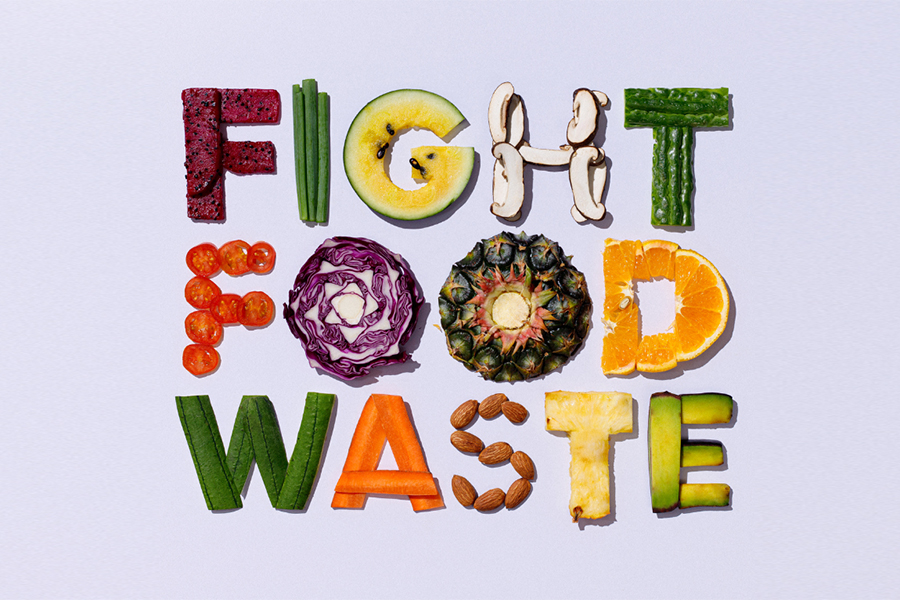
Why food wastage needs a deeper look?
The need of the hour is to reduce food loss and food waste across the food value chain.
“Food waste gets more expensive further down the value chain as it travels, both economically and environmentally,” said Somaia Basha, Research Manager at Euromonitor International. “The loss at the consumer end bears much more weight on the economy and the environment versus that at the harvest stage. Therefore, the need to change consumer relationship with food is a pressing one not only because of the amount of food wasted but because of the environmental and economic ramifications it has on the whole food system. For perspective, the region’s food waste is valued at 38 million tons, as of UNEP report issued in 2021.”
Reduce 30% food wastage by 2027, commits UAE Food Bank
Research indicates that the UAE is one of the world’s largest per capita generators of food loss and waste. For understanding, food waste and loss cost the UAE in the excess of AED6 billion annually.
To tackle the issue of food wastage the UAE Food Bank was launched in 2017 as part of the Mohammed bin Rashid Al Maktoum Global Initiatives. Since 2017, the UAE Food Bank has distributed over 55 million meals to beneficiaries saving almost 55,000 tonnes of food from being wasted. Recently, the UAE Food Bank committed to reduce food wastage by 30% over the next four years by 2027.
In fact, during Ramadan 2023 the UAE Food Bank distributed 5.1 million meals to beneficiaries, surpassing its initial goal to distribute 3 million meals. In addition, the UAE Food Bank also provided 292.7 tonnes of food to the Emirates Red Crescent that was distributed among earthquake victims in Syria and Turkey.
At the same time, the UAE Food Bank also collaborated with private sector entities specialising in recycling to recycle food not suitable for consumption. During Ramadan alone, 908,145 kg of food was diverted from landfills and converted into 73,482kg of organic fertiliser, therein reducing carbon emissions.
More action needed, say ‘Green Spenders’
Before getting into what they have to say, for understanding, ‘Green Spenders’ refer to a well-educated and high-income generating cohort willing to spend extra on sustainable products. If companies can offer them all-natural, eco-friendly, 100% organic, sustainably produced or locally manufactured products, the Green Spenders cohort is willing to pay more, shared Jana Rude, Population and Households Manager at Euromonitor International.
“Regionally, this consumer type – many of them being Millennials – is more prevalent in the UAE and Saudi Arabia,” Rude added.
Interestingly, although buying eco-friendly products make them feel better, Green Spenders consider their daily actions to have a limited positive impact on the planet’s future and believe that governments and companies have a much greater role to play.